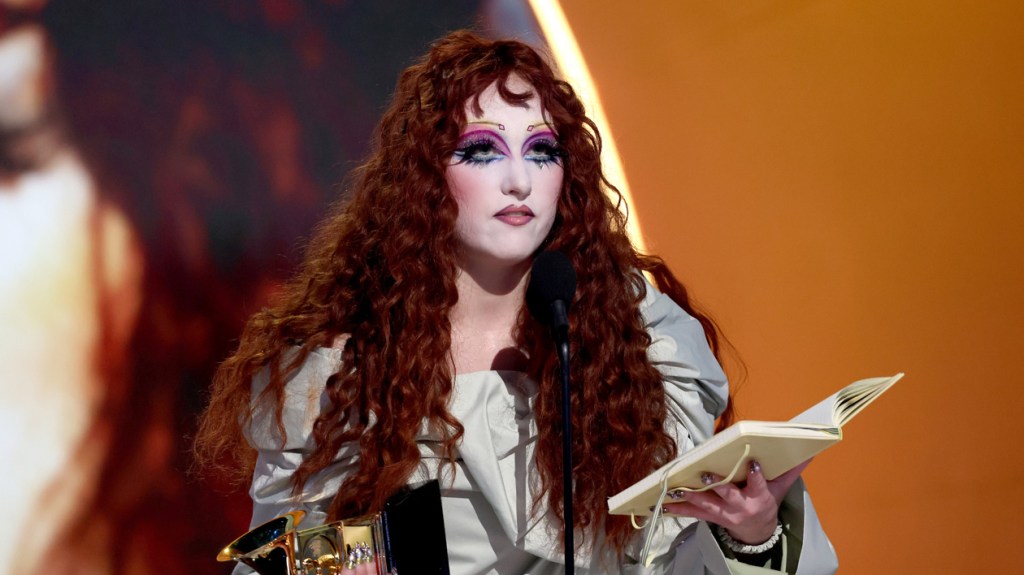
After Atlantic Records dropped Chappell Roan when “Pink Pony Club” didn’t take off in 2020, the singer struggled without healthcare and a “livable wage,” she said in her Best New Artist speech at the Grammy Awards Sunday night. “I told myself if I ever won a Grammy, and I got to stand up here in front of the most powerful people in music,” Roan said from the stage on Music’s Biggest Night, “I would demand that labels and the industry profiting millions of dollars off of artists would offer a livable wage and healthcare, especially to developing artists.”
But, music-industry healthcare advocates say, several resources are available to artists, from major-label signees’ eligibility in the SAG-AFTRA union plan to alternative plans offered by the American Federation of Musicians and the American Association of Independent Music. And there are “concierge” services run by the Music Health Alliance and the Entertainment Community Fund, which advise artists on which healthcare plans are most beneficial.
The ultimate goal, according to Kevin Erickson, executive director of the Future of Music Coalition, a Washington, D.C., lobbying group, is a single-payer U.S. system or Medicare for All — almost certainly impossible while Republicans control the government. But major labels could affect change in the long term. “It’s just a much more efficient system, and the majors in particular certainly should understand that because, as multi-nationals, they’ve experienced that in the other territories,” he says. “They know that a better world is possible. They need to step up and help make it happen.”
-
SAG-AFTRA
Artists at major labels are eligible for SAG-AFTRA’s long-running health plan. They must pay the monthly premiums, which range from $125 for individuals to $750 for families of four or more. The labels have been contributing to the SAG-AFTRA fund for years, and all signed artists, even if they are inactive or haven’t released recent music, can participate in the plans. “I’m hoping that Chappell [Roan] and some other artists I’ve talked to since the Grammys put the word out,” says Duncan Crabtree-Ireland, the union’s national executive director and chief negotiator. “It’s a pretty robust plan.”
-
MusiCares
The Recording Academy-run MusiCares funds services for addiction recovery, mental-health treatment, emergency financial assistance for medical expenses and other benefits, although it is not full-on health insurance.
-
Music Health Alliance
Sony and Universal partner with the Music Health Alliance, which provides a “concierge” to help artists navigate health resources. Sony’s Artist Forward program makes free counseling services available to artists. The MHA’s resources are available to all musicians, not just artists signed to labels.
-
The AFM
The American Federation of Musicians, a union representing orchestra, studio workers and other gig musicians, has a negotiated agreement with employers who pay for members’ medical and dental plans.
-
A2IM
For artists signed to independent labels, the American Association of Independent Musicians, offers healthcare plans with premiums as low as $80 per month, but some in the music industry have criticized them.
-
The ECF
The Entertainment Community Fund, like the Music Healthcare Alliance, shares expertise with artists about available healthcare resources.

 State Champ Radio
State Champ Radio 






